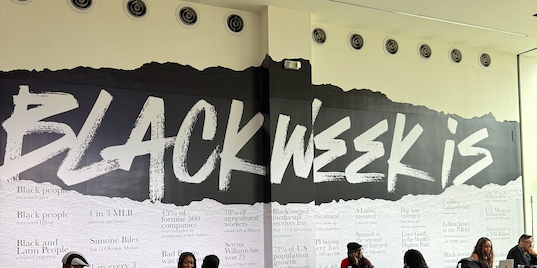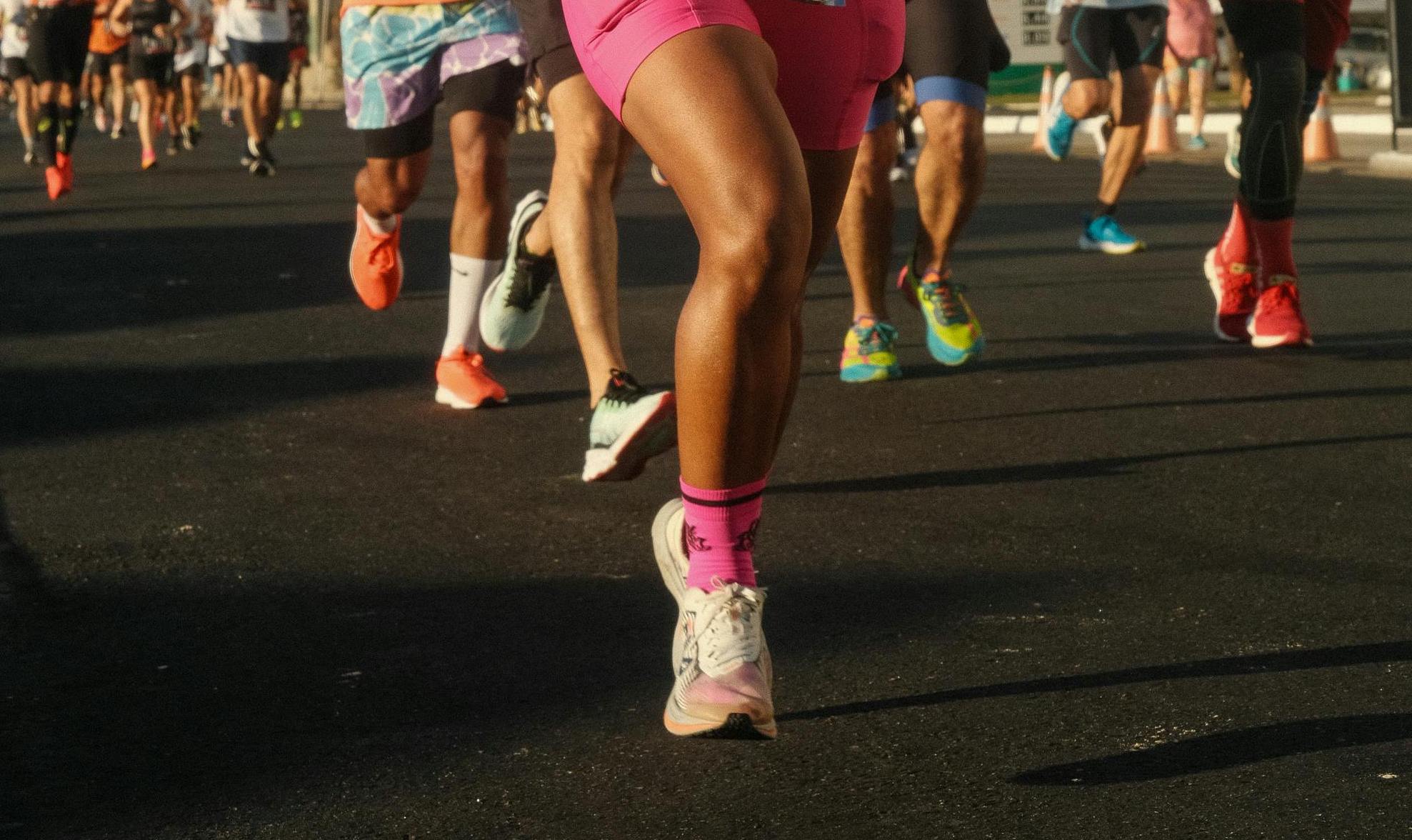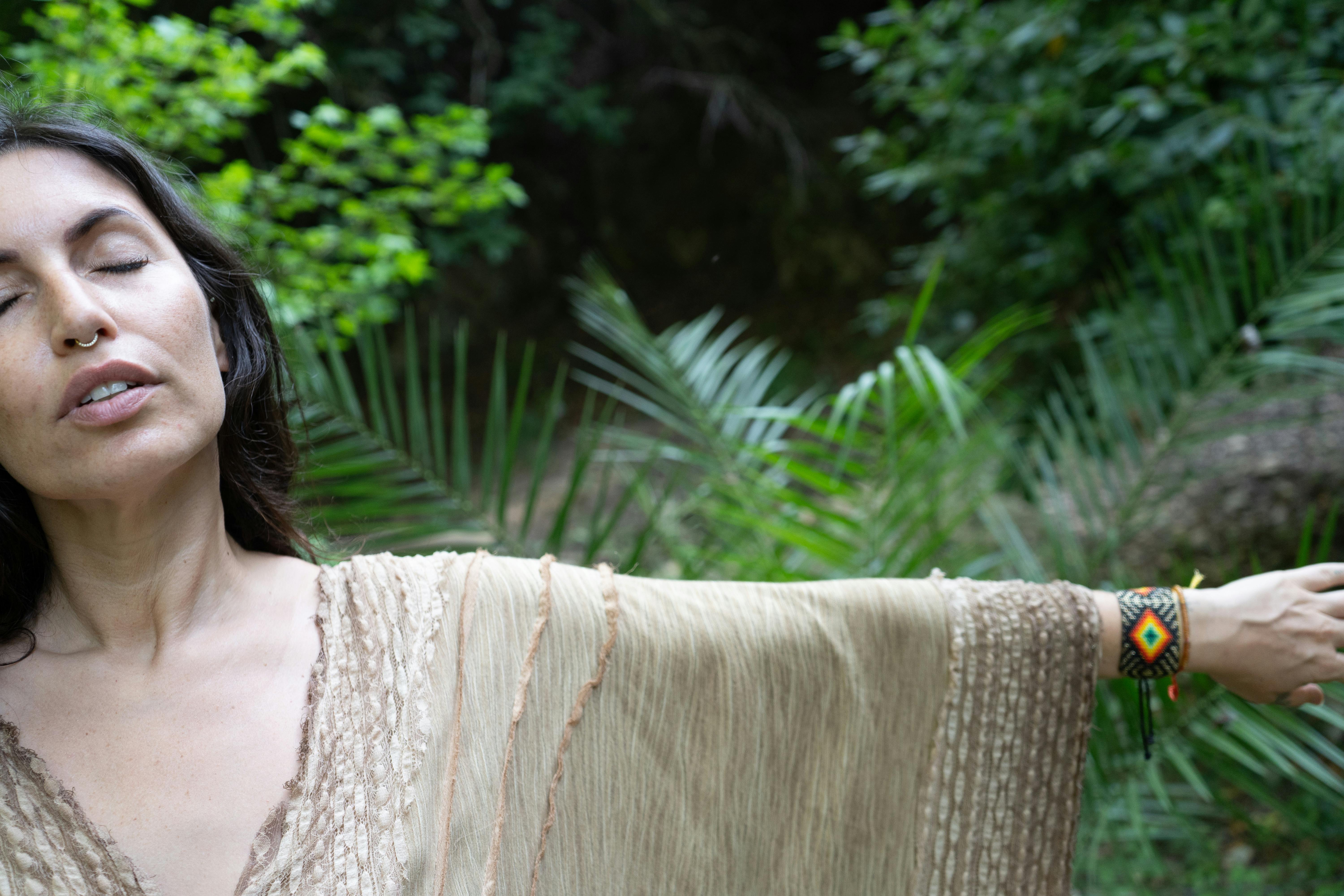
Blackweek 2025 Recap: Health & Wellness Trends Impacting the Black Community
A recap of the health & wellness initiatives highlighted at Blackweek 2025

By Cameron, Founder of Thrivency
In early October, I had the pleasure of attending Blackweek, an economic forum and cultural festival based in New York City. The name of this conference makes its purpose abundantly clear: to explore how culture is shaped and defined by the Black community. Largely attended by marketing and media professionals, most of the programming approached this topic through the lens of media entrepreneurship, marketing trends, the digital economy, and more.
To my surprise, the conference line up also included several sessions highlighting Black-led health and wellness initiatives. Each of these conversations touched on important issues that our community faces, ranging from access to affordable care, to the importance of proactive testing, and the financial cost of misdiagnoses. I thoroughly enjoyed getting to take in these diverse perspectives in-person. Here is a recap of all the insights I gathered and a nod to the all of the individuals and organizations leading change in the health and wellness space:
“Our births should be joyous occasions, not advocacy sessions” - Lisa Price
While moderating an insightful panel entitled “To Doula or Not to Doula,” Lisa Price, founder of Carol’s Daughter, spoke about her recent advocacy work focused on black maternal wellness. Her panelists were two of the most impactful professionals leading advocacy, programming, and research in this space: Latham Thomas, founder of Mama Glow and Mama Glow Foundation, and Monica Raye Simpson, Executive Director of SisterSong. This session highlighted their strategies to improve birth outcomes and increase equity in the midwifery profession. In fact, Latham shared a statistic that “less than 2% of people who provide midwifery services are black.” Their work is closing the gap in maternal health disparities by not only supporting black mothers during birth, but by building programs and providing funding to help mothers and children thrive after birth.
“You can’t find success as an entrepreneur until you have a better understanding of yourself” - Dreka Gates
In a live recording of the For Good Podcast, hosted by Joseph “JoJo” Simmons, Dreka explored her journey as a 7-figure wellness entrepreneur. Despite establishing a successful business across several wellness categories, she maintains that her entrepreneurial path couldn’t be possible without first dealing with her trauma through therapy. Dreka provided an important reminder to all of us with dreams of entrepreneurship: the foundation of the business is built on the founder. And if you don’t invest in practices to stay mentally well, it’s impossible to achieve and sustain stability in business that you don’t have in your personal life.
“I’m a man that gets my car washed once a week, but do I care more about my car than I do my life?” - Mathew Knowles
This quote may have been said in jest, but Mathew Knowles highlighted an uncomfortable truth–many men pour more attention and financial resources into their possessions than they do their own health. He encourages all men to maintain a strict regimen of proactive testing and to understand their family’s health history as much as possible. After all, 1 in 8 men in the U.S. will be diagnosed with prostate cancer, but early detection can be the difference between life and death. After a male breast cancer scare and BRCA 2 mutation diagnosis, Mathew Knowles started to take his health journey much more seriously a few years ago. Now, he serves as a global ambassador for ZERO Prostate Cancer's "Blitz the Barriers" initiative.
“The average cost to battle cancer is high and many black patients can’t afford to finish treatment” - Vanessa Rissetto
In a panel entitled “Black Health is Wealth,” four health professionals and advocates discussed the financial strain of poor health outcomes, delayed diagnoses, and inequitable policies on the Black community.
- Dr. Sophie Balzora, President and Co-Founder of the Association of Black Gastroenterologists and Hepatologists (ABGH), moderated the panel and led an eye-opening discussion on lack of advocacy and research funding for Black patients experiencing certain chronic conditions.
- Melodie Narain-Blackwell, President & Founder of Color of Gastrointestinal Illnesses (COGI), painted a distressing picture of her 20+ year journey toward an accurate diagnosis for her chronic gastrointestinal issues. Her delayed diagnosis and lack of proper care cost her lost educational opportunities, forfeited wages, and professional growth due to her struggles with severe pain and fatigue.
- Vanessa Rissetto, founder of Culina Health, spoke to the benefits of culturally-sensitive and accessible nutrition care for black patients. She shared that dietitians can provide more acute care and fill in gaps left by primary care in our medical system.
- Roslyn Young-Daniels, Founder & CEO of Black Health Matters, shared how healthcare inequalities not only impact the Black community but create a strain on the broader economy. She said “with how much of our GDP is spent on healthcare, we still have average health outcomes. You have to care about you, because the system does not.”
Each of these panels highlighted a universal truth: the Black community is still suffering from health disparities across maternal health, mental health, cancer care, and more. And yet, each of these professionals are stepping up to the plate to make the change they want to see, either by advocating for change within the traditional healthcare system or by pursuing holistic, nontraditional solutions. Each in their own way, they are advocating, uplifting, and caring for our community. I encourage you to visit and support each organization.
Thank you, Blackweek, for a truly unique conference experience that I will never forget.
.png)




